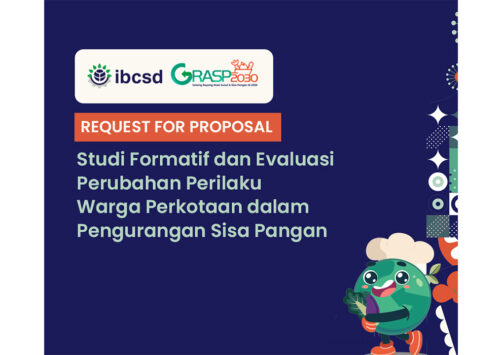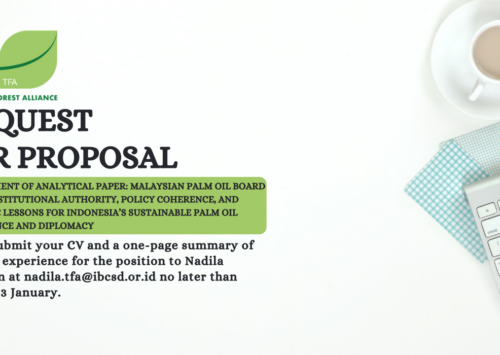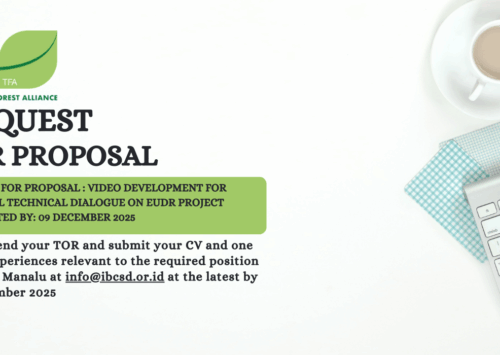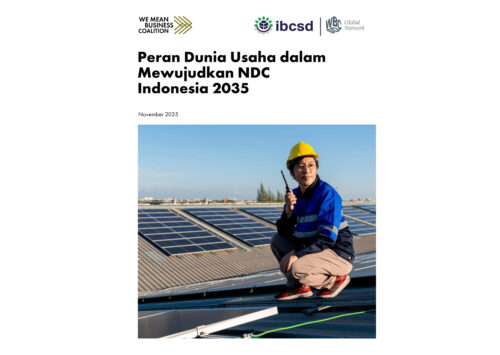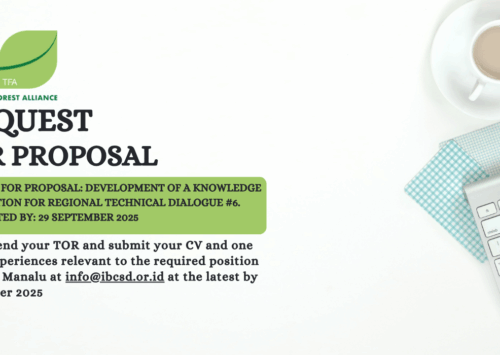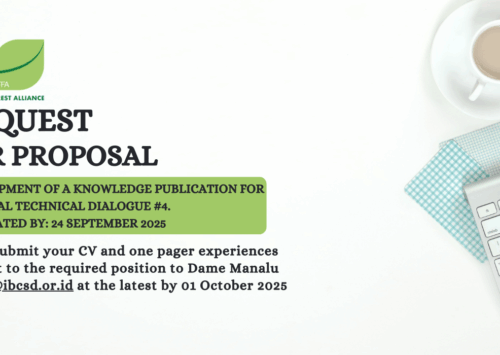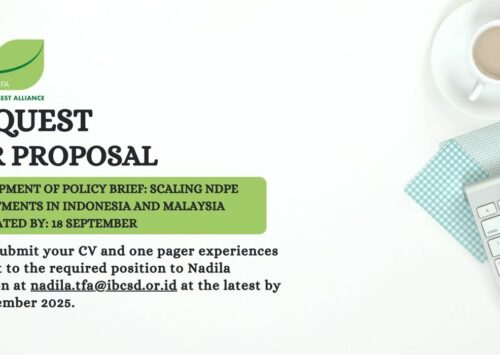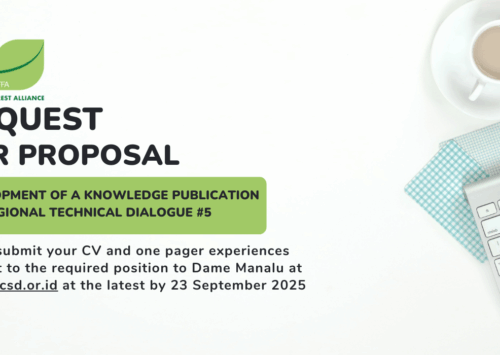The Indonesia Business Council for Sustainable Development together with Amartha held a Webinar entitled “Empowering Women’s Economic” on Thursday, December 17, 2021, virtually. This event was held to commemorate Mother’s Day to encourage the role of empowering women through MSMEs and education.
In her speech, IBCSD President, Shinta W. Kamdani “The commemoration of Mother’s Day every December 22 is not only regarded as a special day to honor to women who have contributed significantly in taking care of the household and family. But it should also be a moment to encourage the role of women in development and the economy. Women who are empowered can enhance their quality of life on their own. So that they may not only support their families but also contribute to the global economy.”
In line with the remarks, Assistant Deputy for Gender Mainstreaming in the Economic Sector, Ministry of Women’s Empowerment and Child Protection (MoWECP), Eni Widiyanti said that “According to the Global Gender Gap Report of the World Economic Forum in 2021, Indonesia is currently ranked 101 out of 156 countries. This indicates that gender inequality in Indonesia is still high and there are still obstacles for Indonesian women to get their rights. Of the half of Indonesia’s female population, 102.3 million are women of productive age. However, from our data, it was found that there were 57.4% of women who initially worked had to leave because she is free to take care of the household. This is something that needs to be considered so that there is a program that can empower these women and overcome their poverty.”
Eni said that as one of MoWECP’s priorities for Increasing Women’s Empowerment in MSMEs still has several problems. This can be an opportunity for multi-sectoral cooperation such as MSME partnership cooperation, access to MSME financing, and the use of technology in running their business. For this reason, currently, MoWECP has created the concept of entrepreneurship training with a gender perspective to realize empowered women, protecting children, and advanced Indonesia.
For this reason, Amartha, a fintech pioneer of peer-to-peer lending, comes with a special intervention to help overcome the gap in women’s empowerment, especially in the economic sector with a financial inclusion strategy in the form of working capital and assistance.
“Through the Amartha platform, we connect financiers from the public and banks who want to help women micro-entrepreneurs in rural areas. By working together, these mothers can be independent and provide welfare for their families. In addition, Amartha also assists in adopting digital literacy to be more digitally proficient. In the future, the development of financial inclusion cannot be separated from digital literacy so that it can be separated so as not to create new gaps.” Amartha’s Chief Risk and Sustainability Officer, Aria Widyanto said.
“Education, Economics, Health, and Politics are significant factors in the actualization of women,” noted Amalia Adininggar Widyasanti, Deputy for Economics at the Ministry of National Development Planning.
According to studies, the more educated women are, the more likely they are to participate in the labor force. She can develop a better and higher-quality generation as a result of his confidence. Of course, access to decent formal job facilities, women’s economic empowerment through entrepreneurship, and encouragement to increase education all help to promote this. So that the Glass Ceiling and Sticky Floor stigmas in the workplace are no longer an impediment to women exploring themselves as assets for the country’s growth.
Melanie Masriel, L’Oreal Indonesia’s Communication, Public Affairs, and Sustainability Director, shared best practices for their sustainable programs such as Beauty for Better Life, which provides vocational training in makeup and hairdressing, L’Oreal-UNESCO scholarships for Women in Science, solidarity sourcing, and STANDUP against harassment of women in public, which aims to increase women’s self-confidence and stan
Women encounter several challenges in achieving independence. Economic obstacles are influenced not just by societal standards or gender norms, but also by education and access to knowledge. Several governments and industry programs have been established to guarantee that women have equal chances to enhance their living conditions and encourage gender equality. So that they may contribute to their family and the country’s progress.
With the Empowering Women’s Economic webinar in collaboration with Amartha, it is hoped to stimulate collaboration between parties to empower women in Indonesia.
Look back at the discussion here: Empowering Women’s Economic Webinar
For more webinar videos, please access https://www.youtube.com/watch?v=rk2fo2_O-6E
To download the material, please go to https://drive.google.com/drive/folders/1m5_EGbEMnrSEue_eYOBWME8scz4AeKVf
